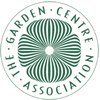July Wildlife Guide
With more wildlife appearing, know what to look out for and what you can do to help!
With the peak of summer now arriving
Wild Birds
With the spring bird song now beginning to become a lot quieter, many birds will not be coming to the end of their breeding season. When walking through woodlands, parks or even you garden, keep an eye out for nests, despite the breeding season coming to an end these nests will still hold young birds that are still growing or young fledging’s preparing to leave the nest.
July is an important month when it comes to caring for wild birds, with some still nesting it’s recommended to keep a continuous supply of bird feed available as competition during this month can be high. With the ground becoming harder, it becomes more difficult for birds to source worms, therefore finding any food becomes intensely competitive with any birds nearby. By providing a continuous supply of bird feed available, you can help ease the competition in the area and help birds nearby thrive.
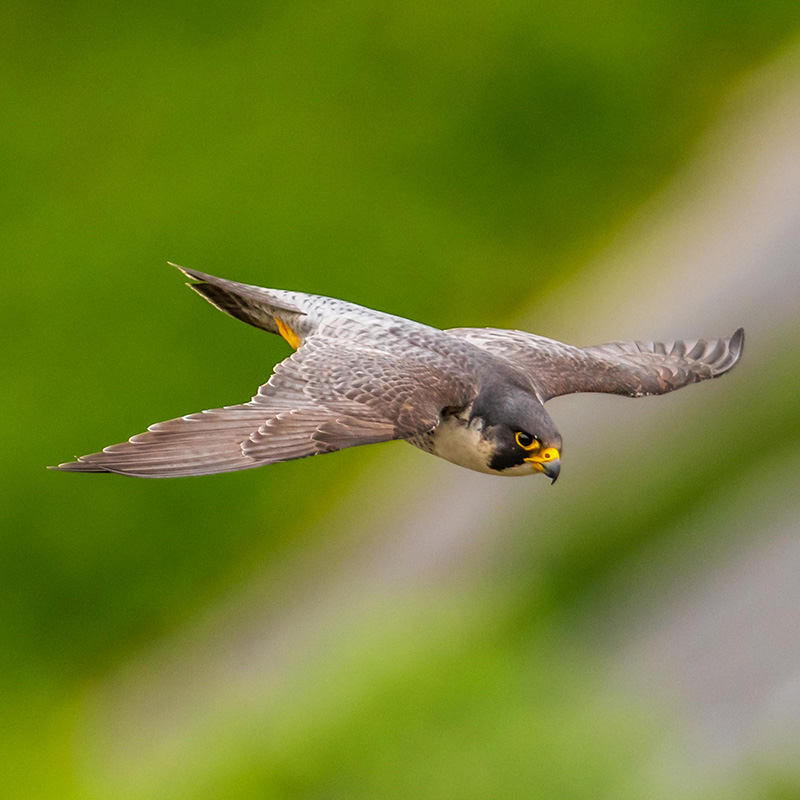
Aside from feed, birds also have a high need for water sources in the hot months to stay hydrated, so don’t forget to keep those bird baths and dishes clean and full with water regularly to help ensure they have access to water.
It’s important to remember not to disturb any nests during this month, although they may be empty – the fledging’s could be learning to fly and will return back to their nests at the end of their ventures. So be careful when maintaining your garden – pruning and trimming back trees, hedges and growing shrubbery, so as to not disturb any nests that may be hiding. Not forgetting, this foliage and shrubbery provides much needed shelter on those hot summer days.
Moving towards the end of July, you can begin to see a visible decline in the wild bird population – at this time the volume of wild berries increases and birds can be often found flocking towards this easier to procure food source.
The Peregrine Falcon is an ever-growing population in urban locations across the UK (except Scotland) and now is the perfect time to spot one or two, and their young. Fledglings begin to appear in July as they leave their nests to perfect their flying. These fledglings will still be nesting and receive feeding from parents, so be sure to keep an eye open for larger Peregrine Falcons in the area.
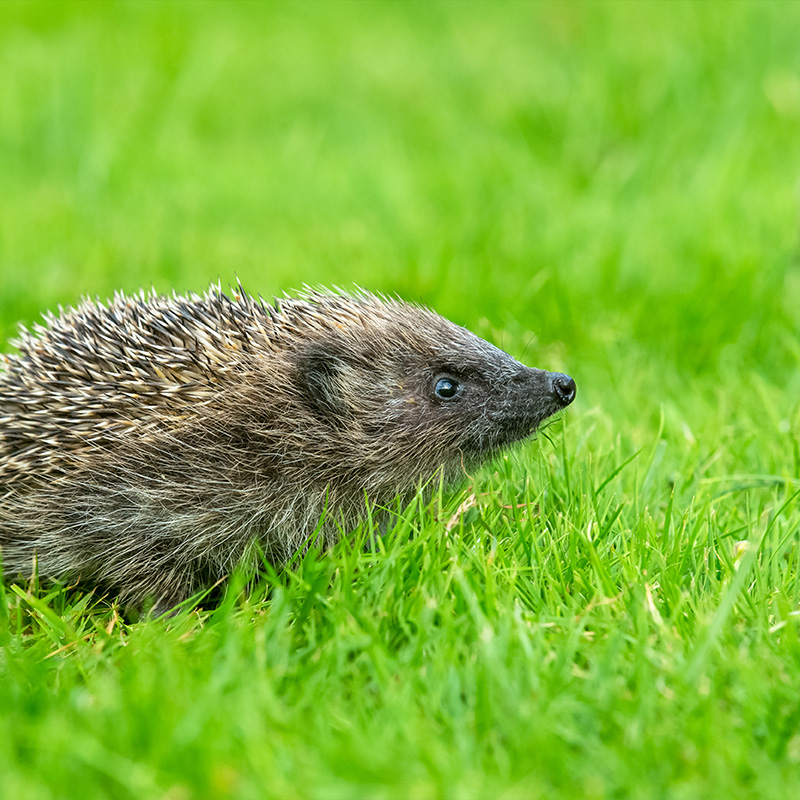
Mammals
July is the perfect time of year for bat watching as they all begin to leave their hibernation, whether you’re a beginner or a seasoned pro when it comes to bat watching. July’s warm evenings offer an excellent chance to spot bats out on the hunt for food. You can use bat detectors to identify and guide you towards roosts of bats in your area.
With bats highly active in the summer months, you can expect to find colonies of females (sometimes mixed species) roosting together as they begin to breed and produce baby bats (called a pup). Males won’t be found in these colonies, as they roost separately away from female bats during the breeding season.
So, if you are lucky during those late summer nights in July you may see bats flying across the sunset on the hunt for moth’s and insects to feed themselves and their young who are yet to develop their wings.
As well as woodland and park areas, bat colonies can be commonly found roosting in the roofs of churches as their spacious areas and open entrances to the space provide them with a much-needed safe space and a dark place to stay during the daylight hours. So, it may be beneficial to keep an eye on those nearby churches on those late summer nights as the bats may begin to appear if they have chosen the building as their roost!
With the summer months now here, so are the hedgehogs! July brings both old and young hedgehogs out from their nests, with their young being born and slowly coming out to explore with their parents.
Hoglets are born in the months of June and July and can sometimes appear even earlier if the weather and temperature permits. Many homes across the UK may become a home to a hedgehog nest, so ensure you do not disturb the nest at this time as it may disturb the female hedgehog – leading to her abandonment of the hoglets.
Therefore, it’s even more important to be careful when trimming and pruning hedges in your garden, not only for birds but hedgehogs also, as it provides them with shelter for their nests or from predators, it can also provide places to rest and travel along.
Hedgehogs may encounter similar issues in food supplies to birds, with the ground becoming harder so does foraging. Keeping a regular supply of cat or dog food (wet or dry) along with a shallow bowl of water will help ensure that the hedgehogs continue to thrive and their hoglets to grow.
Insects & Bees
Wildflower meadows are buzzing with insects, bees and more, hedgerows are beginning to fruit to attract insects and birds and waterways are buzzing with all kinds of small creatures.
Solitary Leafcutter Bee’s and Bumble Bee colonies have begun the building of their nests and the Honey Bee swarms begin to weaken, so they too begin to search for an area or place to nest and settle for the winter and begin the honey making process.
To help pollinators and insects during the summer months, try planting a range of plants and foliage that bees and pollinators love in the mid to late summer – these can be aster, delphinium, lavender, geraniums and foxgloves. Having even only one of these plants can make a change to the declining pollinator populations and help them thrive, as during the hot summer months these are necessary to help them survive.
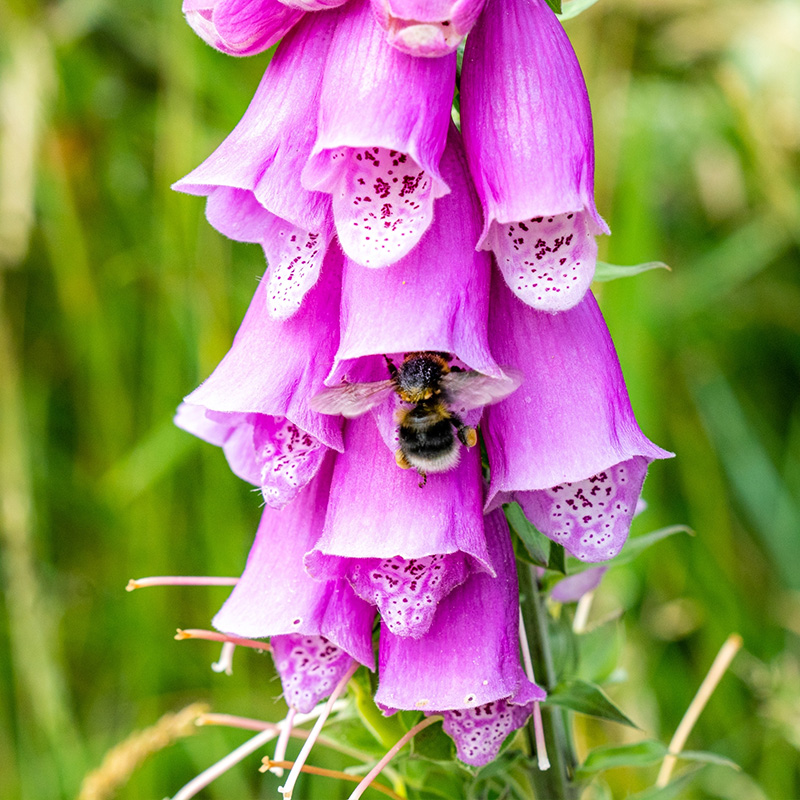
If you’re looking to help more than just pollinators in your garden, try having wilder patches in your garden, such as log piles and long grass with wildflowers, all of which are highly attractive to a range of insects found in gardens in the UK.
A peak month for butterflies, it’s the perfect time to sit outside or go for a walk to see how many species you can see and identify on those warm sunny days. The evenings however also bring moths, setting up moth boxes for those who are intrigued is the ideal way to see and observe this night-time creature, especially for those looking to catch a glimpse and observe the Humming Bird Hawkmoth.






